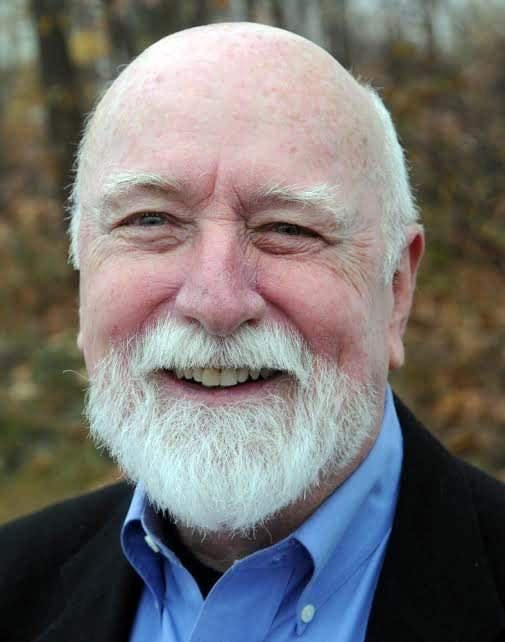The Observer: York Hospital is a community resource
Back in February, a troubling story about possible changes in the state’s tax policy was in the news. If Maine’s biennial budget as originally proposed had been approved by the Legislature, York Hospital would have seen a tax increase of about $2 million a year. After five years, it would have been freighted with an added loss of $5.6 million in tax exemptions. These changes would have resulted in a financial crisis for the hospital.
During the FY 2025-26 budget development process, York’s state legislators (Rep. Holly Sargent and Sen. Mark Lawrence) helped their colleagues (and the governor) better understand the impact of supporting the original budget. Thanks to their persistent effort and local community support, the proposed changes were nullified in the final budget.

The whole contretemps made me think about York Hospital’s impact on the community. I’ve talked to a number of people about York Hospital, how important it is across the county, and what its loss would mean. People have told me they live here because of the hospital. Others talk about the care they’ve received over the years: emergency room and walk-in visits, doctors they revered, treatments that restored their health, etc.
It is difficult to exaggerate the impact of this 120-year-old institution on the town of York. People have choices when they need medical intervention — in Massachusetts (e.g., Mass General), in New Hampshire (e.g., Portsmouth Regional), and elsewhere in Maine (e.g., Maine Med) — but most people want to be treated close to home if possible.
There is a psychic security in this that suggests the hospital’s place in the hearts and minds of community members. There are other more easily measured impacts as well: economic, social and political to name three obvious ones.
The Observer: York Village’s makeover faces yet another setback
I went to see York’s CEO Dr. Patrick Taylor to explore his thoughts on the tax controversy and to get his take on the hospital’s place and future in the region. Taylor told me that York Hospital employs 1,100 staff, including 147 direct providers (doctors, nurse practitioners and physician assistants). Many of these staff members are embedded in their communities. I think of York Hospital oncologist Dr. Marilyn McLaughlin, a member of York’s Select Board since 2019 and a past president of the York Rotary Club.
If you’ve ever been a patient or a visitor to the hospital, you’ll have a sense of how active it is. Annually, the hospital admits 2,400 in-patients, receives 17,500 emergency room visits (in York and Wells), 51,000 walk-in clinic patients (at five different locations), performs 3,600 surgical procedures in various areas of care, and conducts 16,400 Home Health Care visits. The hospital also annually gives thousands of patients transportation for care and treatment.
The payroll for the hospital’s staff is $110 million (inclusive of benefits). Those people and that payroll impact every local community. How many shops, restaurants and other businesses would be able to function if York’s largest employer were to go under?
Pat Taylor and I talked also about the future of the hospital. He was clear about where the hospital is heading. “We are committed to being a strong, independent community hospital,” he told me. He spoke about the varied partnerships York has with bigger hospitals (e.g., Maine Health, Mass General Brigham and Beth Israel Lahey). York Hospital works with but is not owned by any of them. The partnerships allow York Hospital to provide care locally.
There have been many changes in hospital ownership in the region. Consider Wentworth-Douglass Hospital in Dover which is now owned by Mass General Brigham. “That’s not going to happen at York,” Taylor told me. “What we are committed to,” he added, “is a high level of care close to home. We will always be a community hospital.”
The way Pat Taylor sees the future of the hospital should be encouraging to everyone. A combination of high-level care, the latest technology, and clinical relationships with other hospitals in areas that supplement the hospital’s resident expertise (e.g., in urology, oncology and sleep medicine) is how York Hospital intends to remain in business and continue to be essential to the town and the region.
One major takeaway from my conversation with the York Hospital CEO was that York Hospital means and always will mean: “Friends and family taking care of friends and family.” That’s the hospital, looking back to its founding in 1904 and looking forward to its future as an invaluable and unparalleled community resource.
Ron McAllister is a sociologist and writer who lives in York.
This article originally appeared on Portsmouth Herald: The Observer: York Hospital is a community resource